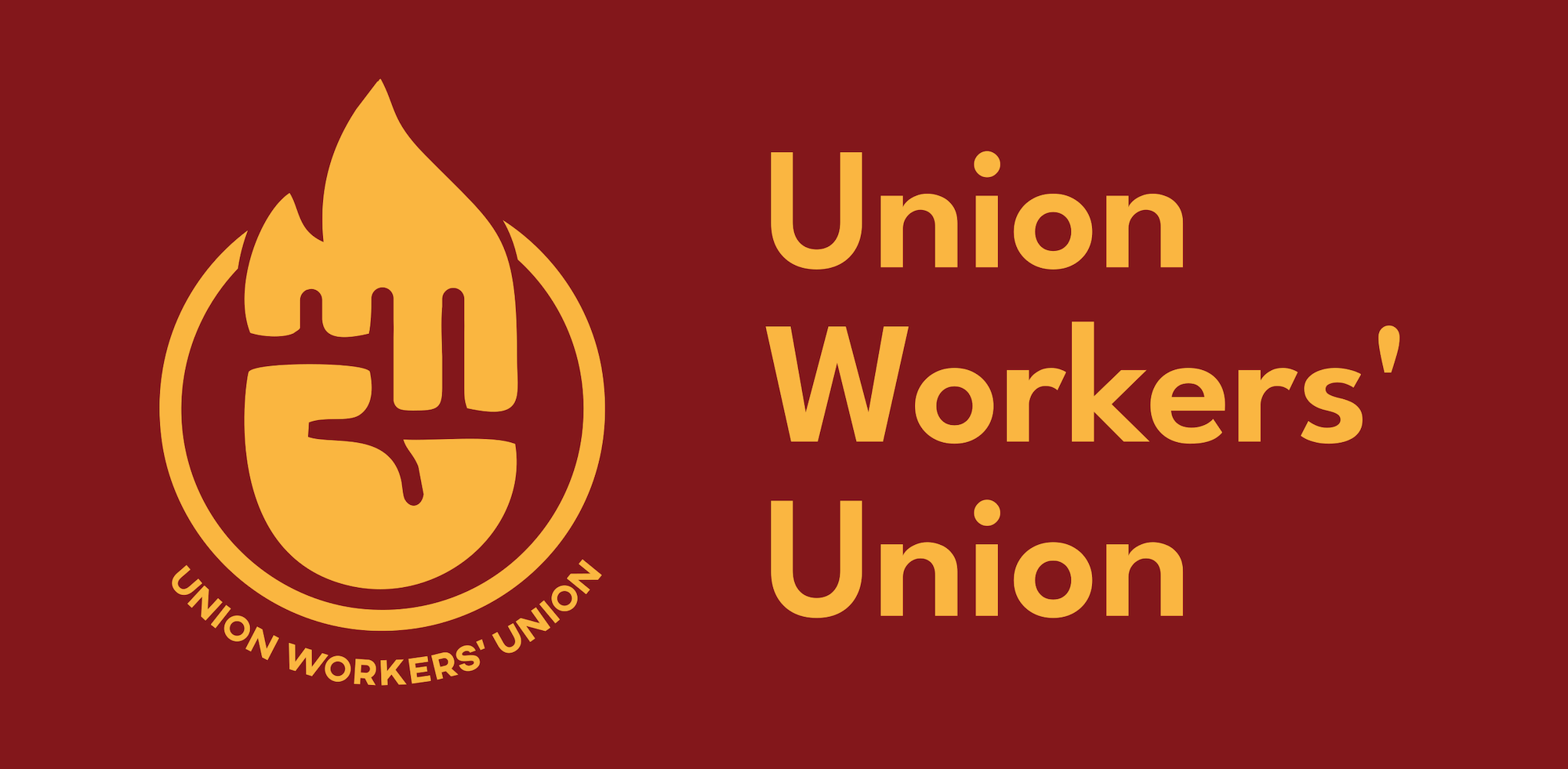Trade unions exist to protect workers, improve conditions, and hold employers to account. Yet for the people who keep unions running, organisers, negotiators, caseworkers, administrators, policy leads, the story is not always one of fairness at work. Our recent survey of union staff highlights a difficult truth: the workplace pressures faced by those employed in the movement are often hidden, and in many cases they mirror the very problems we challenge elsewhere.
Long hours and heavy workloads
One of the clearest messages from our survey is that workload is overwhelming for many union staff. The majority reported working significantly beyond contracted hours every week. While dedication to members is high, the cost is felt in stress levels, family life, and long-term wellbeing.
Unlike in other workplaces, there is no overtime system or structured time-off in lieu for most union workers. The assumption that staff will “just get the job done” however long it takes, has become part of the culture. In the long run, that culture drives burnout and erodes the sustainability of our movement.
Lack of feedback and progression
Another striking finding is how many staff said they rarely receive meaningful feedback on their work. In any healthy workplace, regular review and constructive guidance are central to development. Yet many union employees told us they feel their performance is noticed only when something goes wrong.
Alongside this, fewer than half of respondents felt they had a clear pathway to career progression. For early- and mid-career staff, that uncertainty is demoralising. It also risks losing talented people who could otherwise be future leaders of the movement.
Stress and wellbeing
Stress was the most frequently cited challenge in the survey. For some, it comes from relentless caseloads; for others, from the emotional strain of dealing daily with members’ crises. Several participants noted that while unions campaign loudly for better mental health support in other sectors, internally the support systems are often weak or non-existent.
This contradiction undermines credibility. If unions are to be effective advocates, they must first show that they can practise what they preach.
A culture that doesn’t always model our values
Perhaps the most uncomfortable theme to emerge is the sense that unions don’t always model the employment standards they demand from others. Members described inconsistent policies, patchy HR practices, and management styles that leave staff feeling unheard.
The irony is not lost on union workers themselves. As one participant put it, “We tell employers to consult, respect and support – but we don’t always do it in our own house.”
Why it matters
This is not just a workplace issue for a small group of employees. It is a movement issue. If the people who deliver union campaigns and negotiate on behalf of millions are themselves working under unhealthy conditions, the credibility and strength of the movement are undermined.
Addressing hidden workplace pressures is therefore not a luxury – it is central to ensuring unions remain effective, trusted, and sustainable.
What needs to change
The survey points towards some clear priorities:
- Workload management, realistic caseloads, recognition of hours worked, and fair systems for compensating or balancing extra time.
- Feedback and development, structured review, mentoring, and progression pathways for all staff.
- Wellbeing support, access to professional mental health support, peer support networks, and proactive management of stress.
- Consistent employment standards, robust policies on equality, flexible working, and dignity at work that are applied consistently, not selectively.
- Cultural change, leadership that embodies the same values unions demand externally: respect, consultation, and solidarity.
Where UWU comes in
The Union Workers Union (UWU) was created to shine a light on these realities and to give union workers an independent, campaigning voice. With 300 members and growing by 50% each year, UWU is building a collective platform to demand that our own workplaces meet the standards we hold others to.
By speaking up together, we can begin to dismantle the hidden pressures and replace them with a culture of fairness, solidarity, and sustainability. That is not just in the interests of union staff, it strengthens the movement as a whole.
